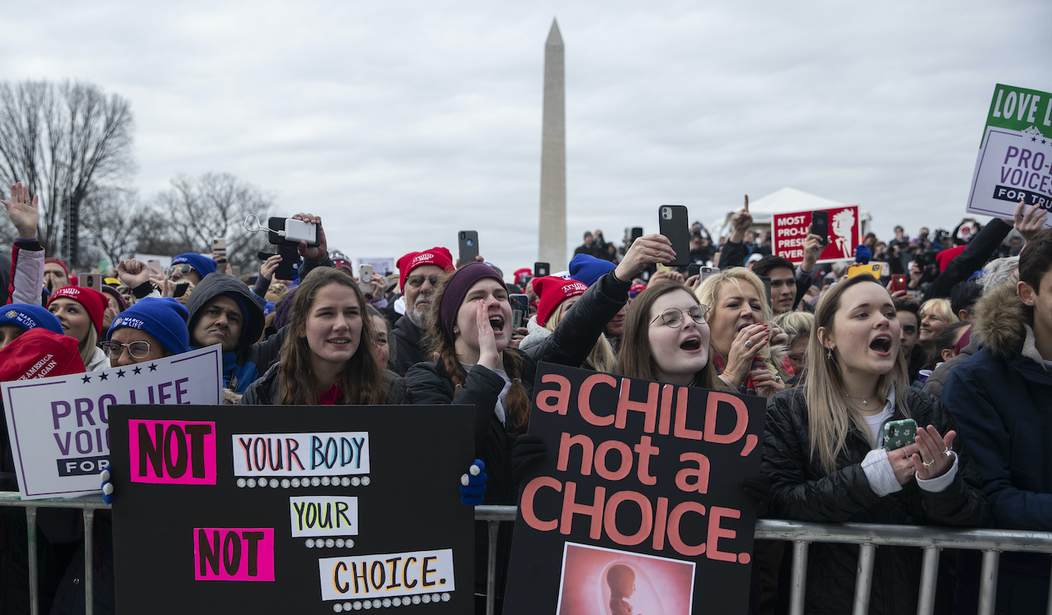There's something about being in the bleak midwinter and having to think about suicide that seems especially unbearable. But just as many of us were in Washington protesting the Supreme Court's 1973 Roe v. Wade decision that legalized abortion, activists were in New York's state capitol intensifying their efforts to legalize doctor-assisted suicide in the Empire State. It's the last thing anyone needs.
At a recent gathering in Albany where doctors, medical professionals and others gathered to protest legal suicide, Dr. Mary-Ellen Edmiston, a palliative-care specialist from Syracuse, said: "No patient should have to spend their final days in pain and torment. And with the medical resources now available to us, no one has to." When people start to realize that there really are options that don't involve taking lethal doses of medication to induce your own death, this debate and the dread of these kinds of devastating questions start to look different.
The idea of mercy has been politicized by activists on one side of this debate. But is it merciful to make someone feel like they are expendable, a burden, better off dead? The kind of thinking that would make people feel like they are better thrown away, as Pope Francis often puts it, is not only evil but has inevitable repercussions. At what point does a disability put you in that category? How about depression?
I've had more and more people admit to me over the last few years that while they would never do it themselves, they understand why people would sometimes feel so desperate as to take their own lives. Mental illness, dark feelings of oppression, financial burdens, family and work conflicts -- so many things in our lives can create turbulence in our hearts and minds. Getting help is important.
The other day, an Uber driver asked me, more or less out of the blue: "Do you ever just live a little too much in your head? What do you do about it when you do? It can be too much." Yes, it can. Talk about it! Have people in your life who won't let you live in there alone!
Recommended
But what happens when our laws say there is an escape hatch for people feeling like what they have to handle is too much and is getting in the way of other people and their happiness? In places where assisted suicide is legal, we have seen, assisted suicide means an increase in all suicide. This is about the value of human life. It's about our relationships with each other.
Kris Hanson also spoke at the anti-assisted suicide rally. She lost her beloved husband, J.J., to brain cancer. The doctors gave him a life expectancy of three months. J.J. lived another three years. If Hanson had said, "J.J., I love you, but I really have to be a mother and raise our son, go ahead and take your life," they would have never had another child together! When J.J. managed to live much longer than expected, it turned out there was so much more in store for him and his family. And he became the most outspoken activist in the country on the topic of assisted suicide. He admitted, too, that there were moments in the struggle -- even when he had the love and support of his wife, community and church and so many others -- when he would have been tempted to take poison if a doctor had prescribed it to him. It isn't right to make people feel like their lives have no value. It isn't right to suggest that anything other than love is merciful.
This debate about assisted suicide isn't simply about legislation. This is a question about love. Do we love each other enough to say all life has value, and that dignity is in respecting that until the very end?
It's heart-wrenching, but amazing things can happen in those final months and days and hours. I've seen it, and I'm far from alone. Don't deprive the vulnerable of love. They need assistance of a different sort.
(Kathryn Jean Lopez is senior fellow at the National Review Institute, editor-at-large of National Review magazine and author of the new book "A Year With the Mystics: Visionary Wisdom for Daily Living." She is also chair of Cardinal Dolan's pro-life commission in New York. She can be contacted at klopez@nationalreview.com.)

























Join the conversation as a VIP Member